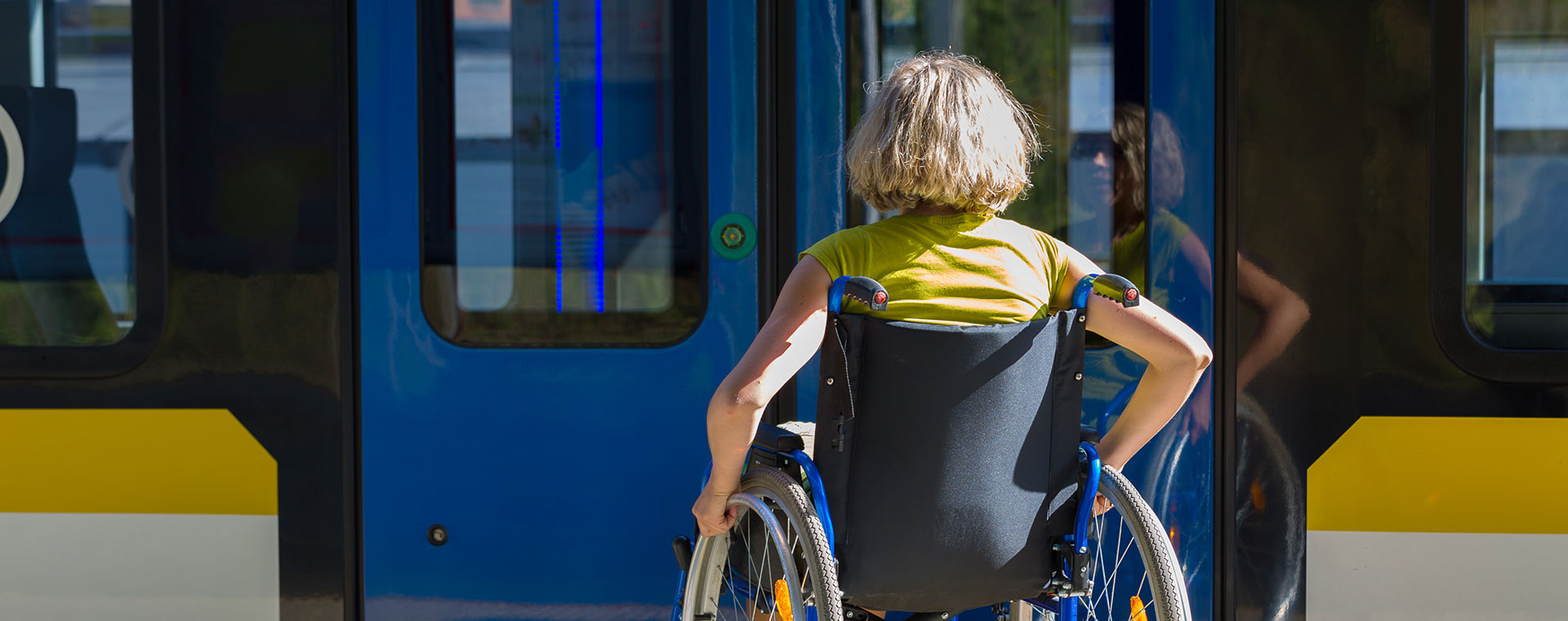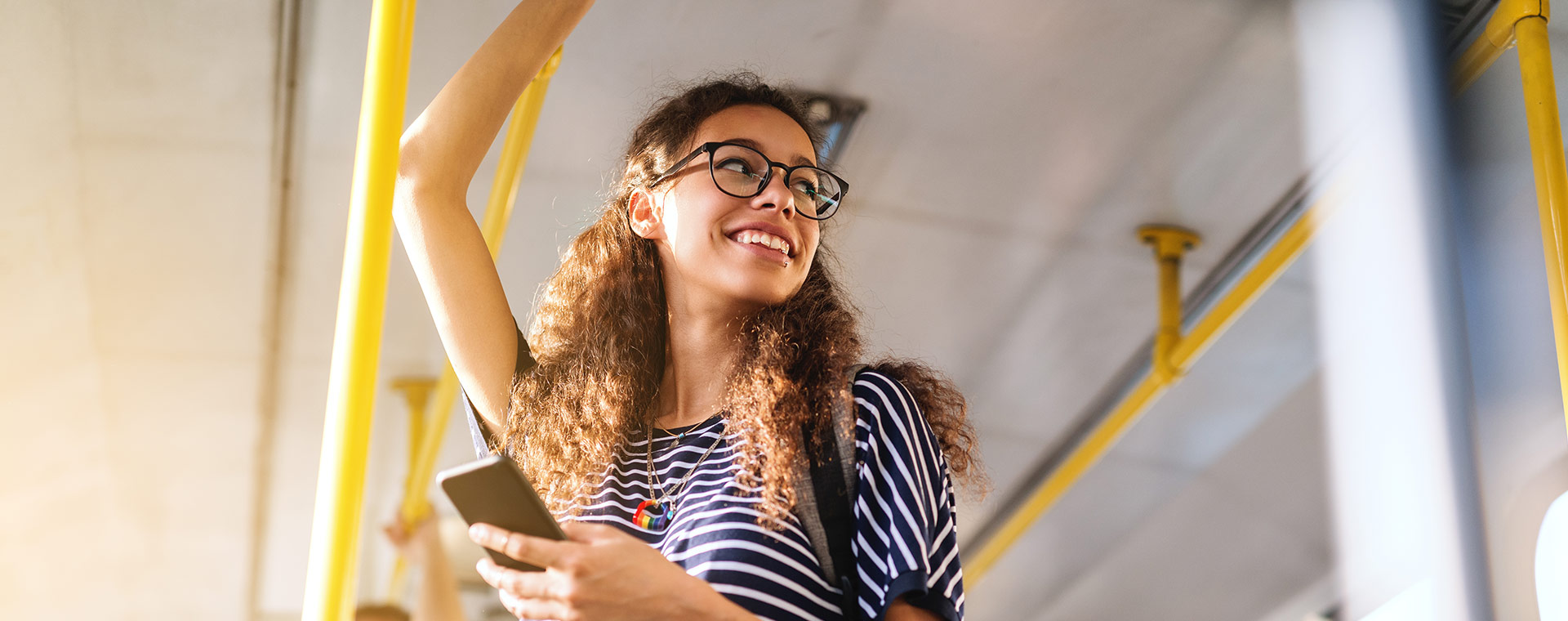Insights
Desirability
How can we make local transport more attractive?
-
Thomas Côte
CEO and founder of WEVER

In my opinion, the concept of attractability implies placing the individual back at the center of the conceptual process when considering, building and adapting mobility solutions.
Criteria such as safety, travel cost or travel time are objective criteria. As individuals are by definition not rational, what matters to them most is their perception, rather than the actual cost.
What is unsafe for one person is not necessarily so for another. Similarly, the quest for the fastest possible journey is not the criteria held by everyone. If the expectations of each individual are not taken into account, attractability does not exist. If these needs are not at the heart of the approach, we're working on a shell that will remain empty overall, which explains why the use of alternative modes to meet individual preferences has reached a plateau.
Capturing data on individual experiences, whether as a user or not, is central. From this daily experience, shared but differentiated, an interesting chain can be set up: each individual can help his or her city, employer or mobility operator in improving existing solutions and to invent new ones, thus becoming ever more efficient and responsible.
-
 Interview
Public investment
Interview
Public investment
How can we integrate inclusion in the transition to sustainable transportation?
Halpern Charlotte, FNSP tenured researcher at Sciences Po Paris’ Centre for European Studies and Comparative Politics
-
 Edito
Common Good
Edito
Common Good
Is public transportation a common good?
Passalacqua Arnaud, Professor at the Paris School of Urban Planning
Public transportation is a common good: this is a commonly accepted fact, even if its meaning isn’t explored in depth. The question of commonality raises a number of tensions between the public transport’s organization and its financing methods, which are little known to users. -
 Interview
Desirability
Interview
Desirability
What needs to occur for public transportation to become our default choice?
Karaki Samah, Founder and Director of the Social Brain Institute
-
 Interview
Change
Interview
Change
How can we give people the means to do without their cars?
Karaki Samah, Founder of the Social Brain Institute
Given the limits of our decision-making and attentional resources, we should first and foremost address the structural issues that hinder change, instead of putting the onus on individuals. -
 Interview
Change
Interview
Change
How can we help people switch from car to public transport?
Madeleine Masse, Founder & President of Atelier Soil


